 Whether you are banking online or have all your family photos stored in the cloud, you want to make sure that your digital information and identity is safe. This starts with strong passwords that are hard to break, and extends to being careful with the information that you share about yourself online, especially via social media.
Whether you are banking online or have all your family photos stored in the cloud, you want to make sure that your digital information and identity is safe. This starts with strong passwords that are hard to break, and extends to being careful with the information that you share about yourself online, especially via social media.
The Threat
Unfortunately, there are malicious people out there who will try to break into your online accounts in order to steal your identity. These people will try to break your password security to obtain access to your personal information and online resources.
If they cannot hack your password directly, they can still try to get in the backdoor. Most online accounts offer options for people who forget their passwords. With a little information about you, a hacker can click “forgot password,” answer some basic security questions, and gain access to your account. And you may have given the hacker the information he needs by posting it on social media or your blog.
Here’s what you can do secure your privacy:
Avoid Using the Top 10 Most Hacked Passwords
1) 123456
2) password
3) 12345
4) 12345678
5) qwerty
6) 123456789
7) 1234
8) baseball
9) dragon
10) football
Don’t Share Too Much Information
Many security questions involve the name of your first pet, your mother’s maiden name, or other personal information. Let’s say you have some pictures on your social media of you with your first pet, Fido. You just told any potential hackers that the name of your first pet is Fido. If this is the answer to a security question, the hacker may be able to gain access to your accounts. Make sure you are not giving out the answers to your security questions on social media.
Securing your online reputation involves being polite and respectful on social media. A good rule is to imagine that your mother or your boss are reading everything you post. To secure your privacy, you want to imagine that criminals and stalkers are reading everything you post. You would not want to tell burglars that you are on vacation and your home is unattended all week. In the same way, you don’t want to tell hackers your mother’s maiden name.
To state the obvious: don’t give out your account numbers, passwords or other sensitive information online. In addition, be careful about the personal information that you share publicly on social media.
Incorrect Security Answers
There is no rule that says you have to answer security questions with the actual correct answers. They are simply meant to help verify your identity, so as long as you know what answer you gave, then you will be able to access your account if you forget your password. So if the question is asking for you mother’s maiden name, say another answer that you can remember but that is not your mother’s maiden name. This way, even if an identity thief finds out your mother’s maiden name, he still will not be able to answer that question correctly and hack your account.
Passwords with Punch
With all the concerns about data breaches and identity theft today, it is amazing that people still use weak passwords that are easy to guess. Passwords like “password,” “123456,” or “qwerty” are still common, despite the fact that they are the easiest to guess and most frequently hacked. Using the names of your children, pets, or spouse in your passwords leaves you open to many risks. This information is easy to find. You want to create a password that you can remember, but others will not guess. A phrase like “to be or not to be” can be written in short code like this: 2B-or-Not_2b. The abbreviations, dashes, underscores and capital letter make this easy to remember but hard to guess.
If you’ve ever felt the need for stronger security for your home or business, SafeTouch can help you. We have the knowledge and expertise to help secure your home so you can focus on what’s important, like your online security.
